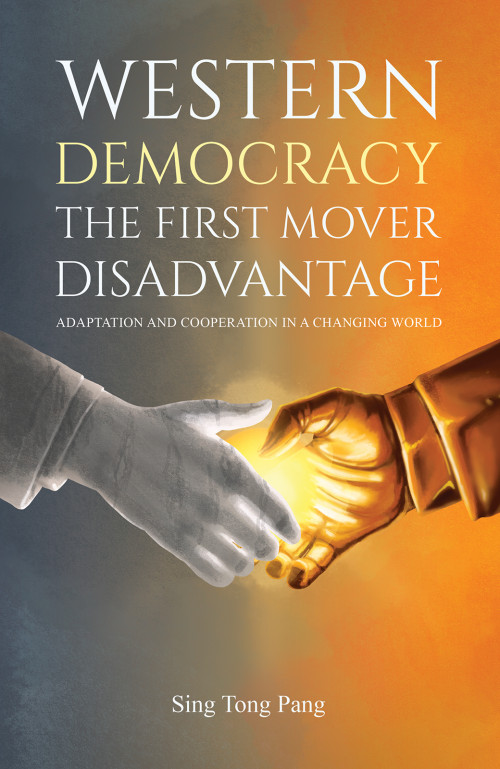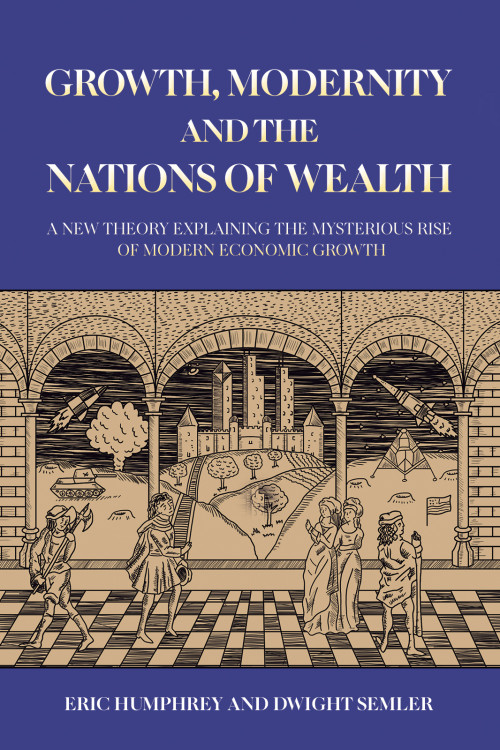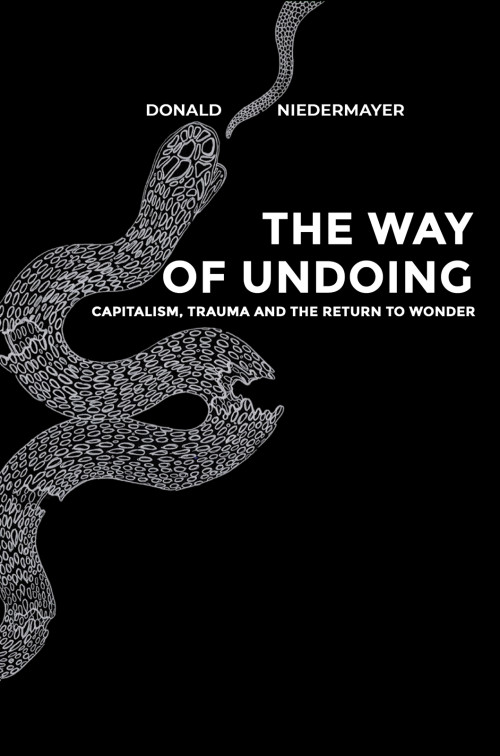What happens when yesterday’s winning formula becomes today’s liability?
In this bold and thought-provoking book, Western Democracy: The First Mover Disadvantage, the triumphs of Western democracies are reexamined as the seeds of their current struggles. Once hailed as the pinnacle of governance, freedom, and prosperity, the West now faces mounting challenges: unsustainable welfare states, deindustrialization, entrenched interest groups, and a paralyzing inability to adapt to shifting global dynamics.
Meanwhile, China has risen as a global powerhouse by learning from—and improving upon—the West’s model. By blending state-led planning with market innovation, China has avoided the pitfalls of short-termism and systemic inertia. Its unparalleled adaptability and strategic foresight have propelled it to the forefront of technology, infrastructure, and economic development.
But this isn’t just a story about decline or rivalry. It’s a call to action. The book argues that for Western democracies to remain relevant, they must rediscover the innovative spirit and pragmatism that once defined their success. It also challenges long-held assumptions about U.S.–China relations, proposing a future of collaboration over confrontation in addressing global challenges like climate change, artificial intelligence, and economic inequality.
Compelling, provocative, and deeply insightful, Western Democracy: The First Mover Disadvantage will change how you think about the past, present, and future of global power. Will the West cling to its outdated playbook or dare to weave a new path forward? The answer may shape the 21st century.














